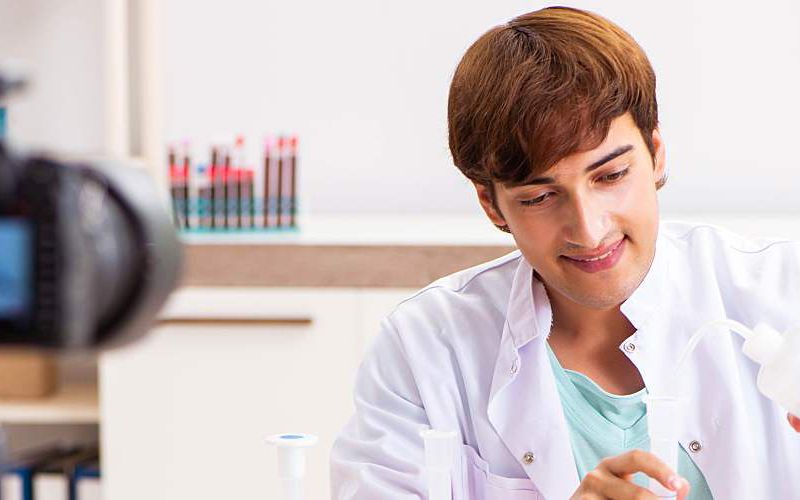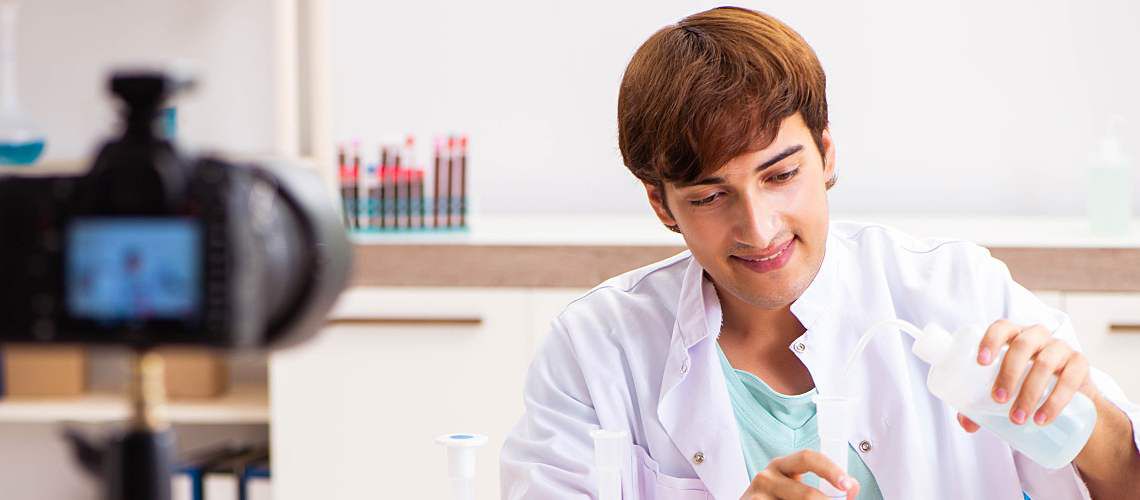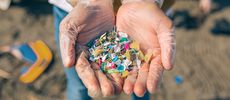Virtual Tours and Other Community Education Ideas for Your Water Lab


With social distancing restricting activities around the world, businesses have needed to reinvent how they conduct operations and communicate with customers. You may find it tempting to let initiatives like community involvement slip, but more than ever, we all need human connection, and that can continue safely with virtual tours and other ways of engaging remotely.
Public health is top of mind, and people need assurance that their local testing labs are doing their part to keep water supplies safe. Your community also likely has questions and concerns about COVID-19 being transmitted in the water supply. This gives water labs an opportunity to engage with the public in an authentic and helpful way. Here are some activities that will help you stay connected even if you can't engage with your community in person.
Tips:
- With people needing human connection more than ever, make customer and community involvement a priority.
- Give live tours of your water lab to demonstrate your commitment to public and environmental health.
- Produce short videos on water topics that you can distribute via social media platforms, blogs, and emails.
Conduct Virtual Tours of Your Water Lab
Take visitors on a virtual tour of your lab, showing them every aspect of your business, from receiving samples to running tests to sending results. This doesn't have to be a professional effort — even a video captured on your mobile phone will work. For inspiration, check out these virtual tours of research labs in The Scientist and this fun live tour of the Port St. Lucie, Fla., reverse osmosis plant by What We Do.
You could even expand this initiative and invite local students on a virtual field trip where you conduct a live tour and Q&A online, explaining to students what a water testing lab does and how you help contribute to the health of your community and waterways.
Produce Short Educational Videos
Create a series of three- to four-minute videos that cover topics people search for, like how to sample tap water or well water, why testing agricultural water is important, and what small steps households and businesses can take to conserve water. Host a team meeting where you and your team brainstorm ideas that are relevant to your community and delegate responsibilities.
Then, add the videos to your website, post them on social media pages like Facebook, LinkedIn, Instagram, and YouTube (and ask employees to share), and include links in customer emails. If you're not comfortable with video, consider creating a podcast series.
Schedule a Virtual Town Hall
Host a town hall meeting on a video conference platform to address community issues related to water. Invite municipal water providers and water activists to create a panel, then answer questions about water safety or discuss newsworthy topics, like how wastewater testing shows promise as a way to detect COVID-19 outbreaks. Promote the virtual town hall like you would an in-person event, and send a press release about the meeting to your email list and relevant local organizations. Post the session on your website afterward and distribute the link to reach even more people who couldn't attend live.
Connect Digitally
If you haven't already, consider sending a newsletter at least once a month with valuable water-related content, but make sure you segment your audience so homeowners don't get the same information as industrial facilities. Consider blogging at least twice monthly on topics relevant to the water industry or public and environmental health. Also, post regularly on social media, even if it's just to share resources from other organizations. Remember that you'll capture the greatest interest with intriguing photos and videos that include brief but helpful information.
You showing that you care in a time of crisis has a lasting effect on how people see your business going forward. By prioritizing community involvement and education, you're demonstrating that your lab truly values the people it serves.






